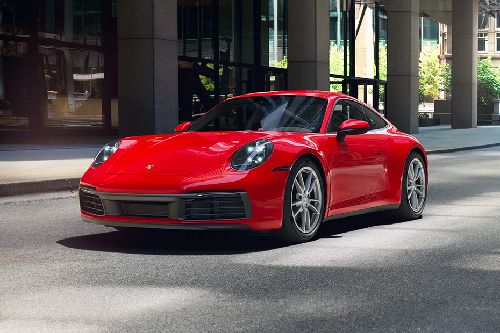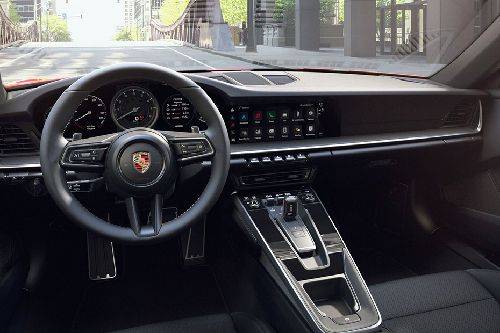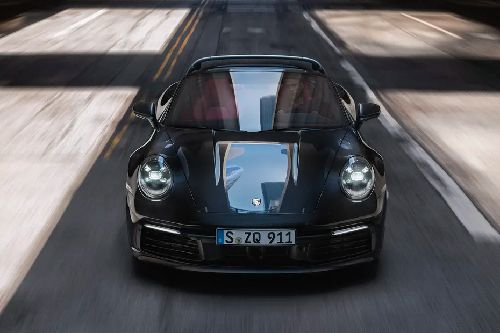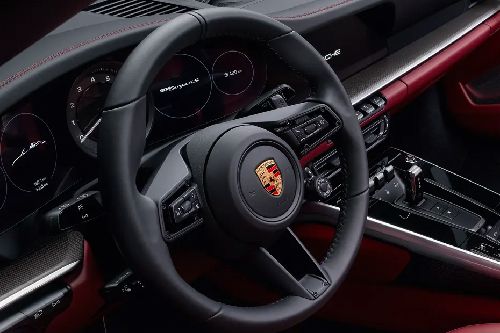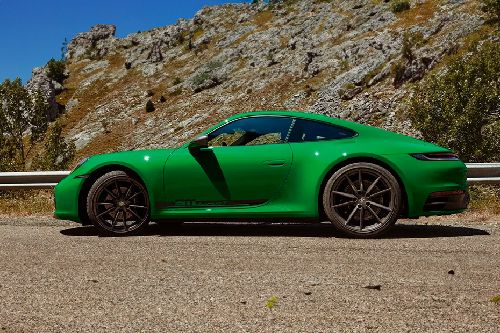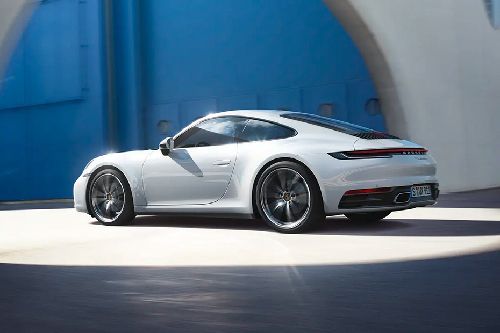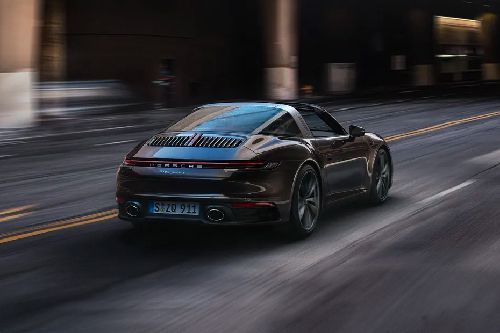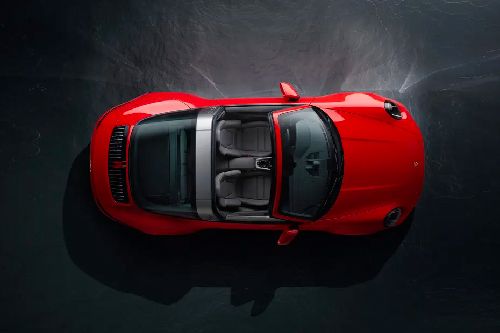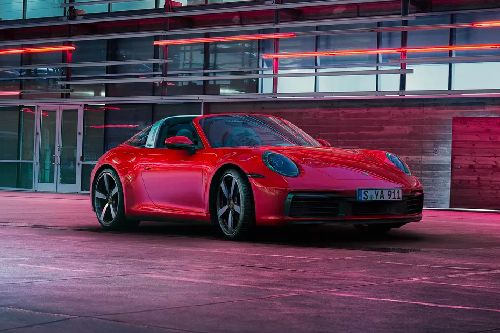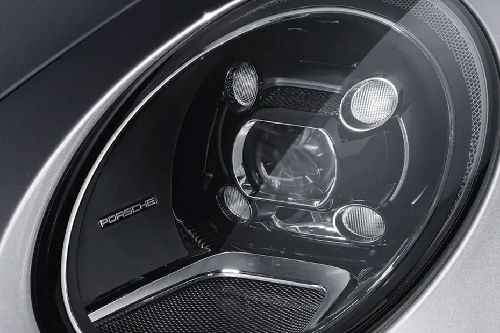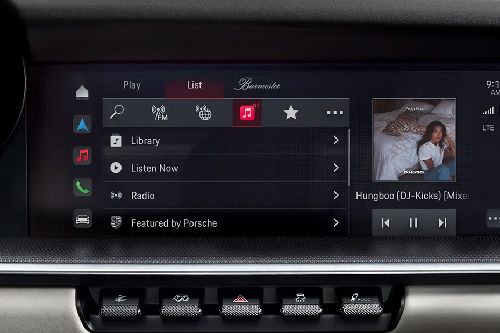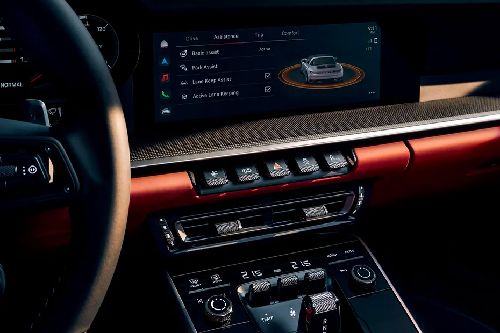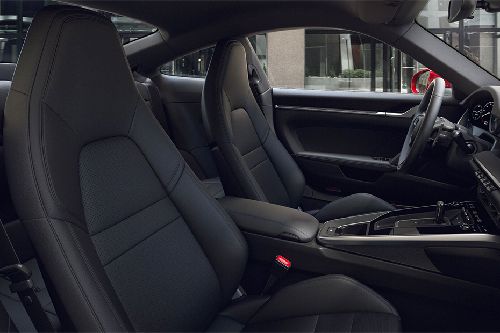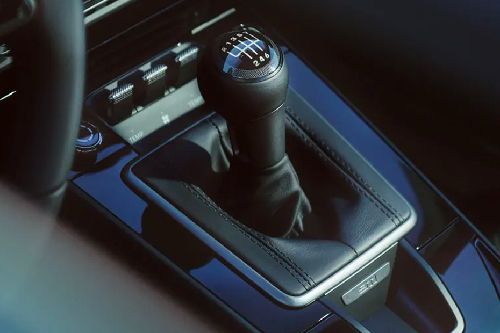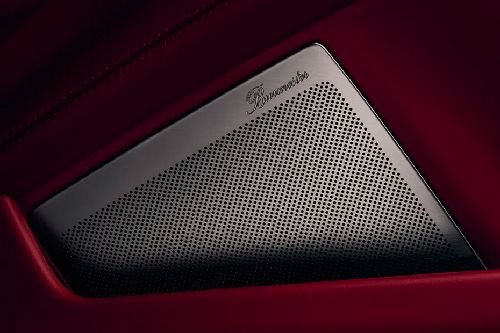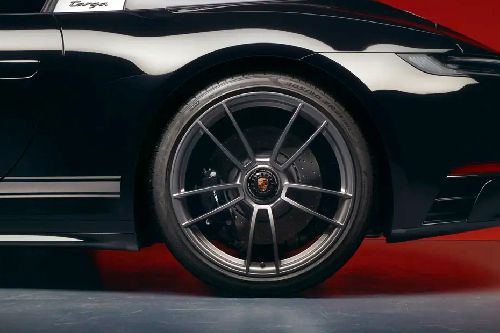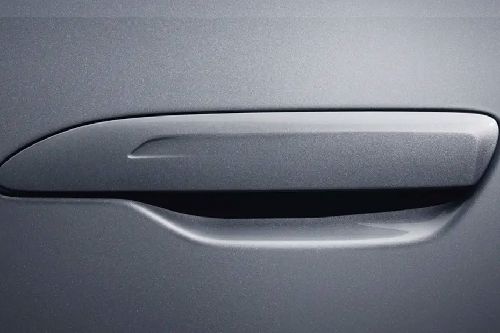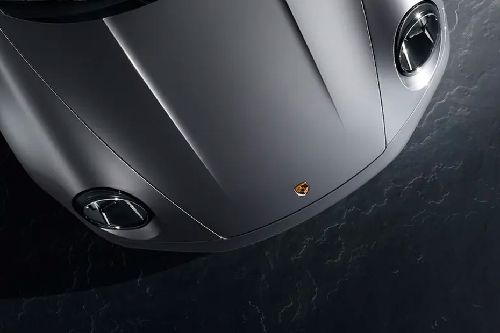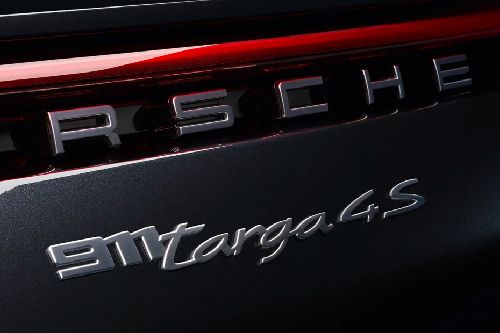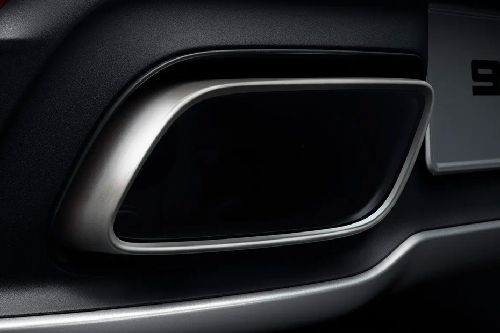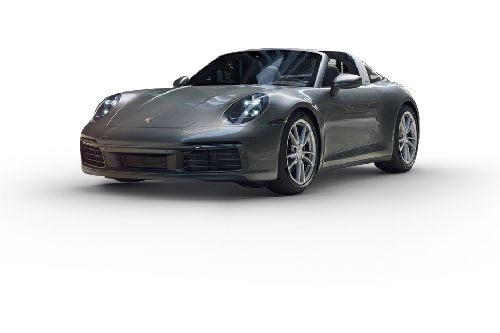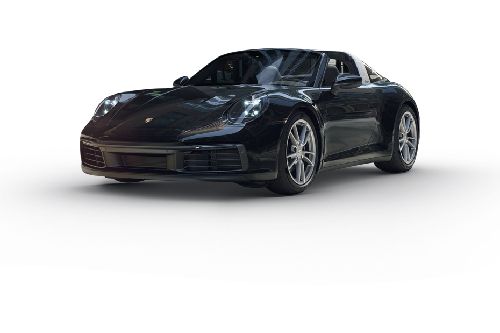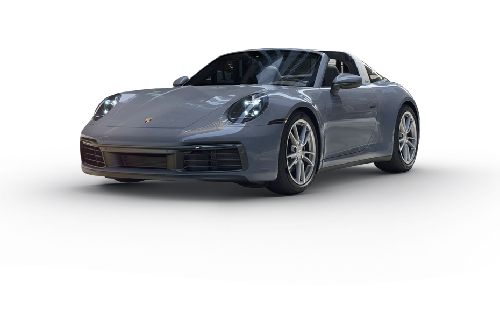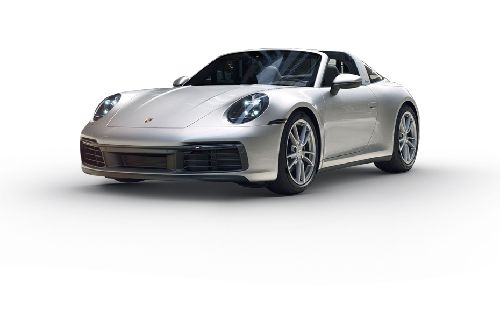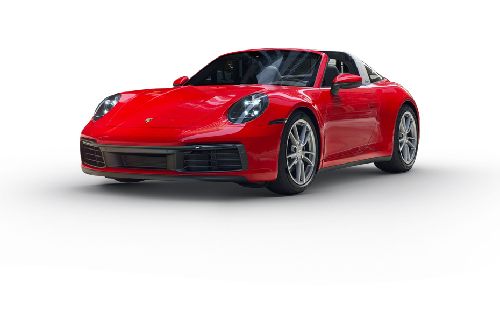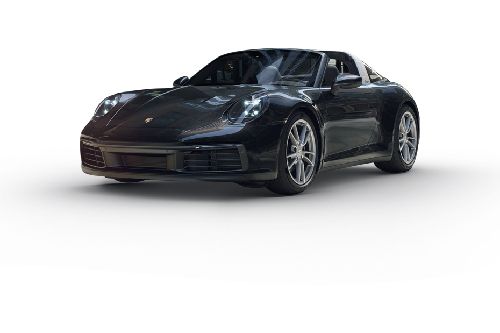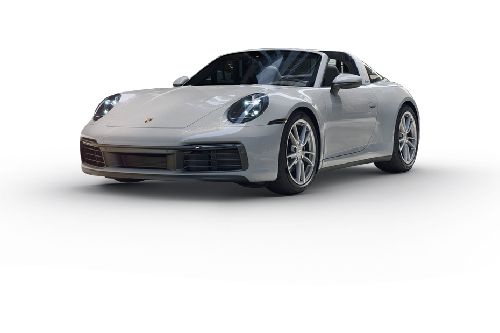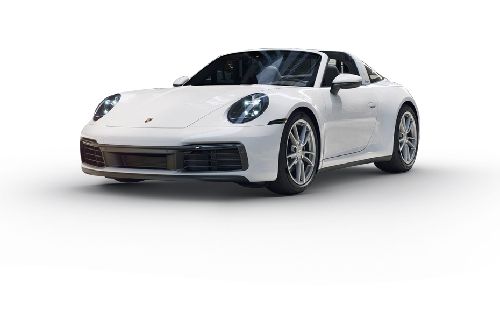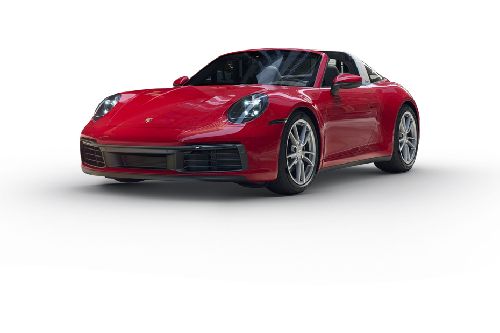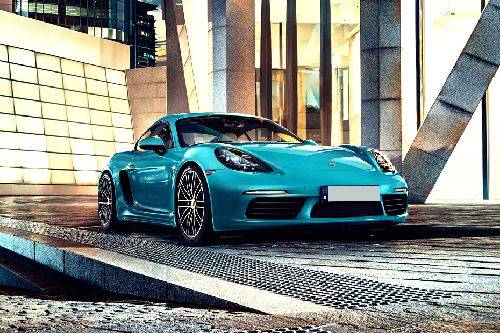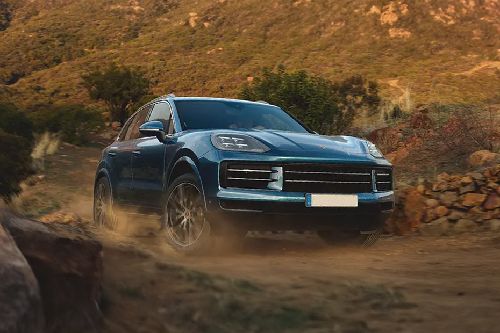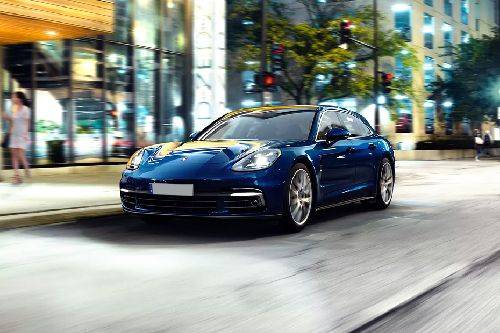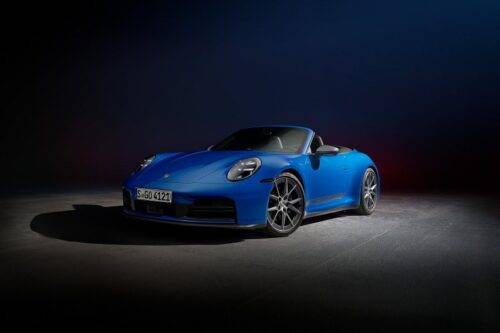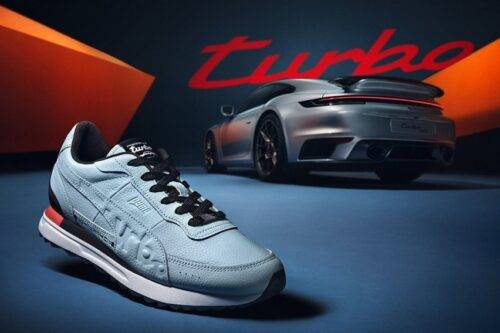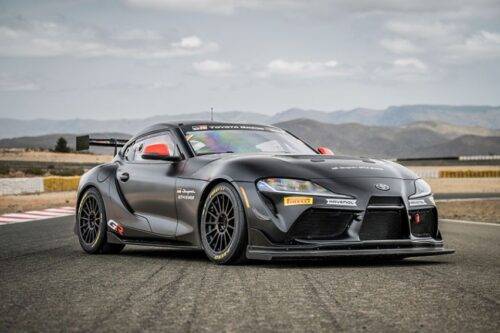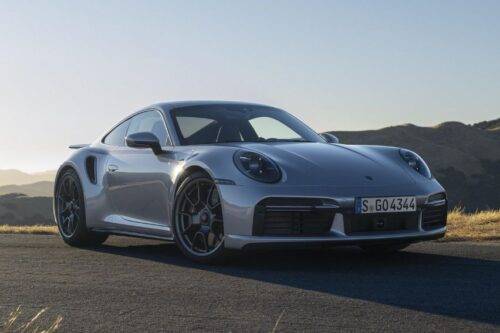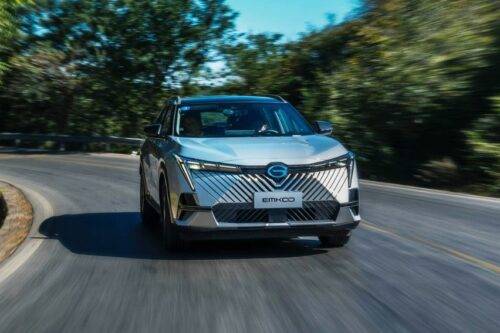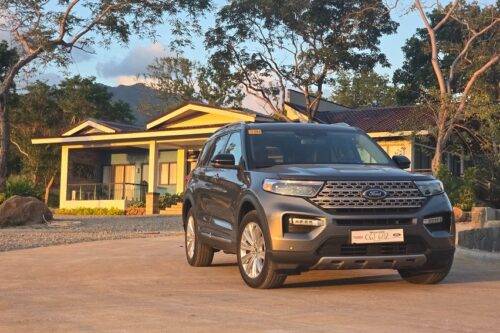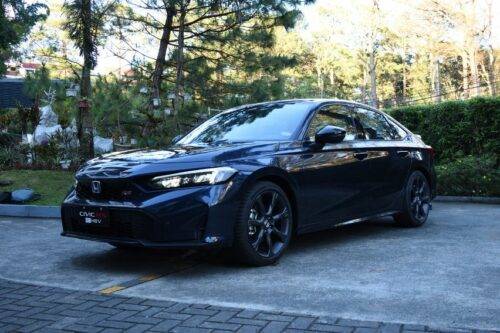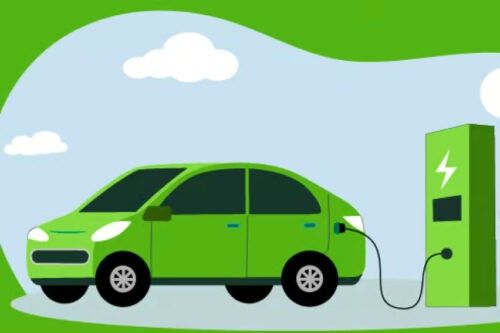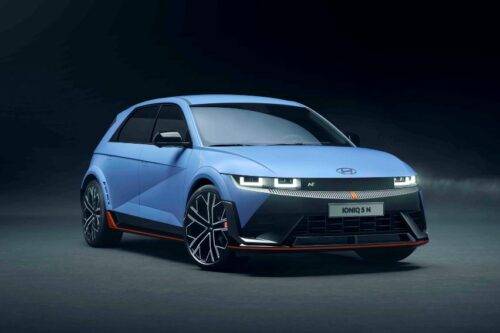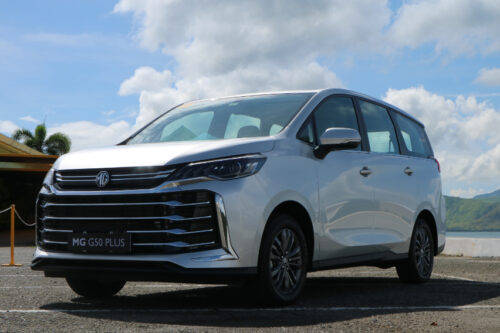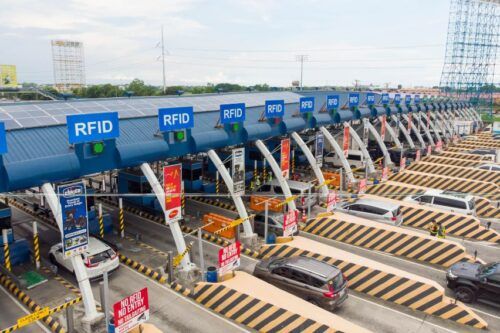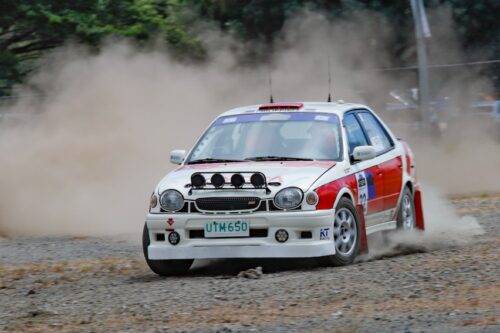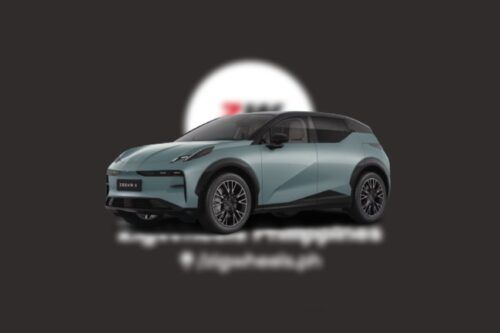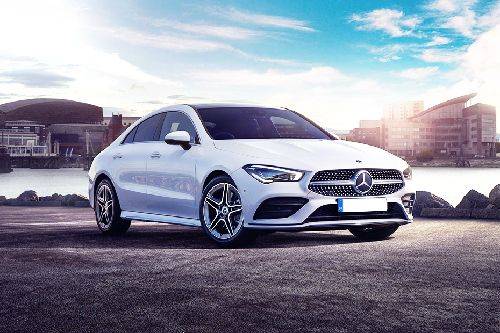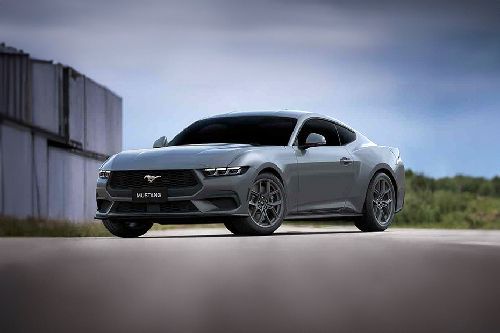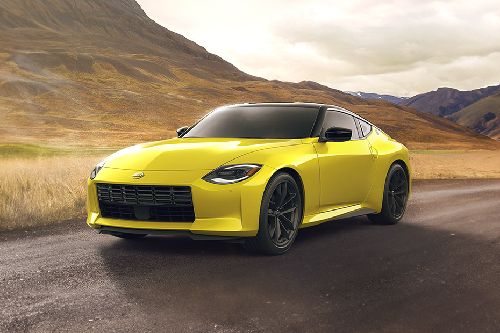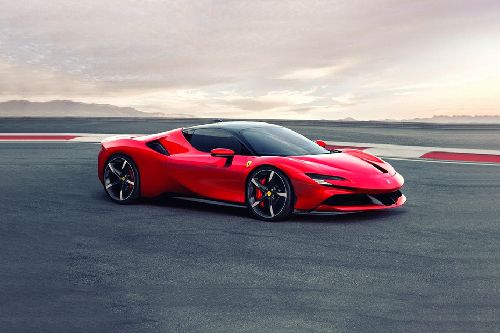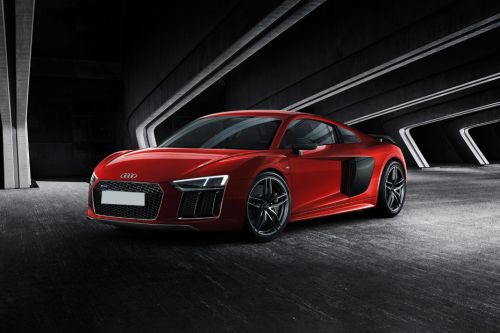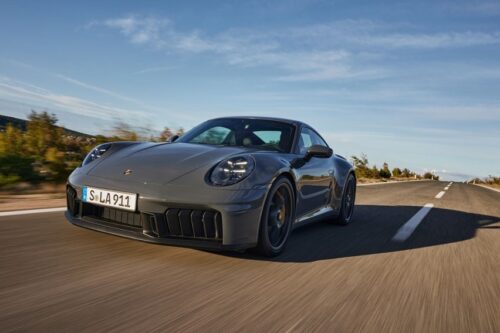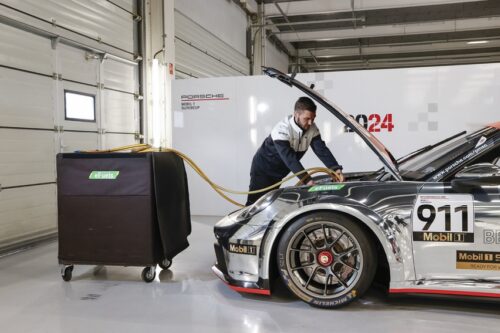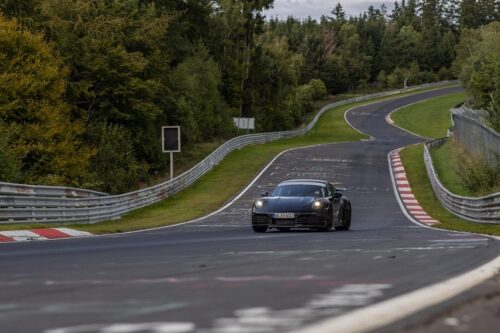Porsche 911 GT3 RS completes Nurburgring 10.6 seconds faster than current 911 GT3
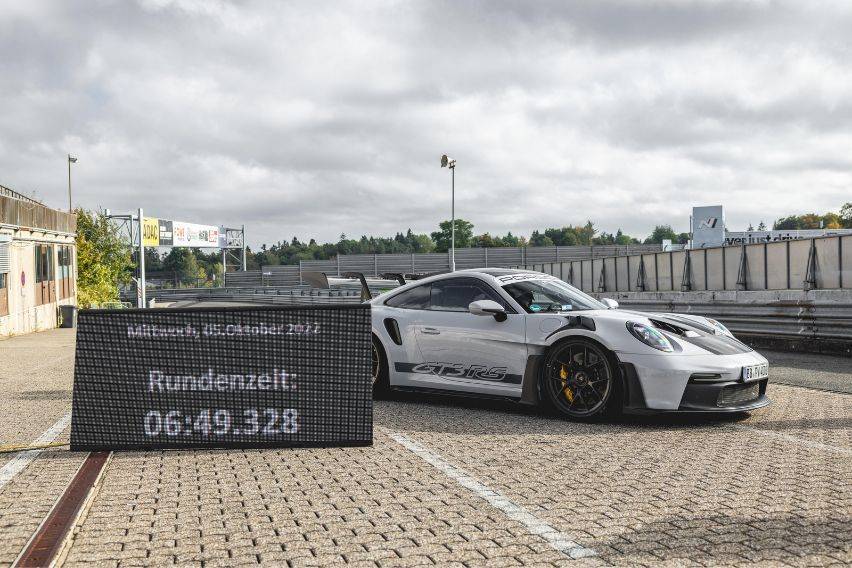
MANILA: The new Porsche 911 GT3 RS completed the 20.8-kilometer Nurburgring Nordschleife in 6:49.328 minutes, 10.6 seconds faster than the current 911 GT3.
KEY TAKEAWAYS
What powers the Porsche 911 GT3 RS?
The Porsche 911 GT3 RS is powered by a 4.0-liter naturally aspirated engine with new camshafts, modified cam profiles, and motorsport-derived single-throttle intake system and rigid valve drive.What is the foundation for the significant performance boost on the Porsche 911 GT3 RS?
The central radiator concept is the foundation for a significant performance boost on the Porsche 911 GT3 RS.Porsche brand ambassador Jorg Bergmeister, who was heavily involved in the creation of the new 911 series flagship, drove the new 911 GT3 RS with the presence of an official to witness the lap time.
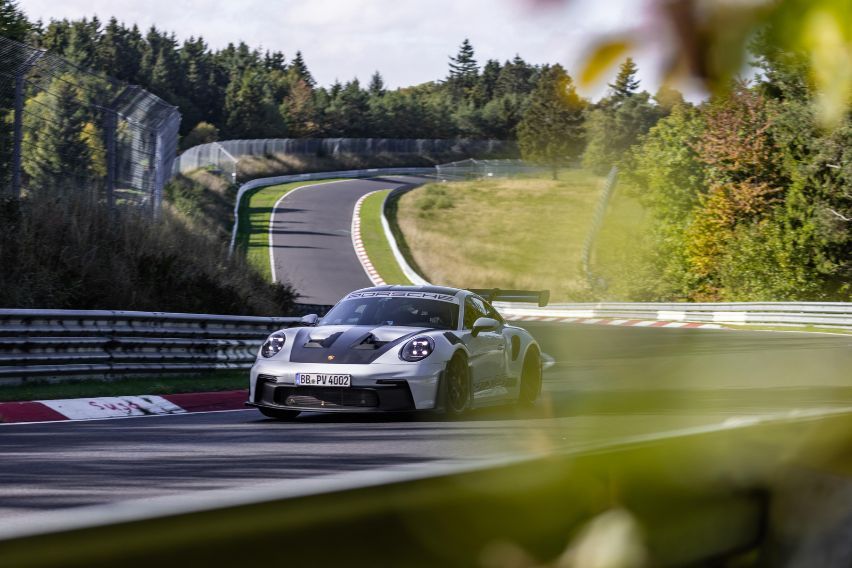
The new 911 GT3 RS was deliberately engineered for maximum performance. The 525ps road-legal high-performance sports car fully utilizes motorsport-derived technologies and concepts. Aside from the innovative lightweight design and high-revving naturally aspirated engine with racing DNA, the cooling and aerodynamic concept in particular demonstrates its strong connection with its race counterparts. At 285kph, the 911 GT3 RS produces 860kg of total downforce, which is three times more than a 911 GT3.
“Today, the 911 GT3 RS delivered what it had already promised at first glance – absolute excellence on the racetrack. Considering the far from ideal conditions, with a strong headwind on the long straight of the Dottinger Hohe and cool asphalt temperatures, we are satisfied with this time. The 911 GT3 RS is setting new standards for aerodynamics and the chassis. Never before has a road car embodied so much motorsport,” Porsche GT Cars Director Andreas Preuninger stated.
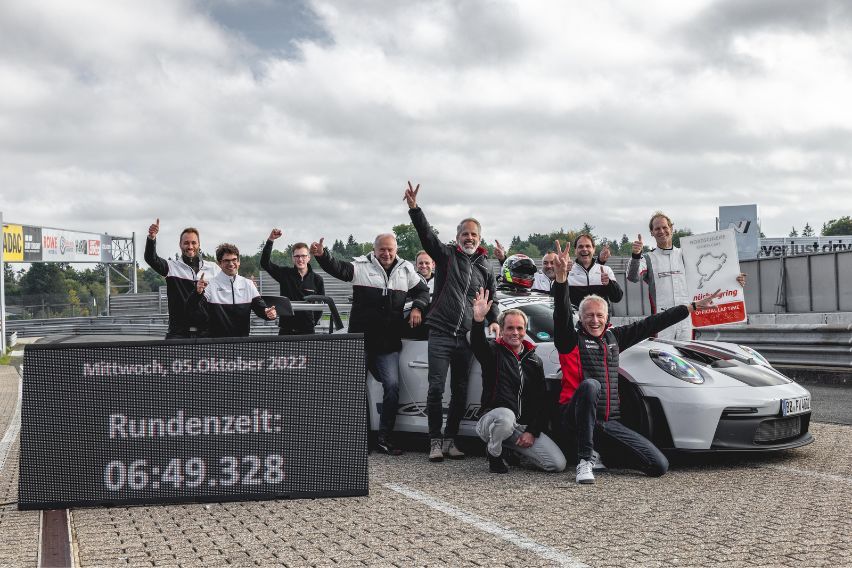
The available Michelin Pilot Sport Cup 2 R tires, with sizes 275/35R20 up front and 335/30R21 at the rear, were fitted on the 911 GT3 RS with the Weissach package. The new 911 GT3 RS completed the previously standard shorter lap in 6:44.848 minutes.
“We lost a little downforce due to the strong, sometimes gusting wind, but I’m still very happy with the lap. In the fast sections in particular, the 911 GT3 RS is in a league of its own. Here it’s on a level usually reserved for top-class racing cars. The car is also setting new standards in braking. Fast laps on the Nordschleife are simply so much fun in this car,” Bergmeister said.
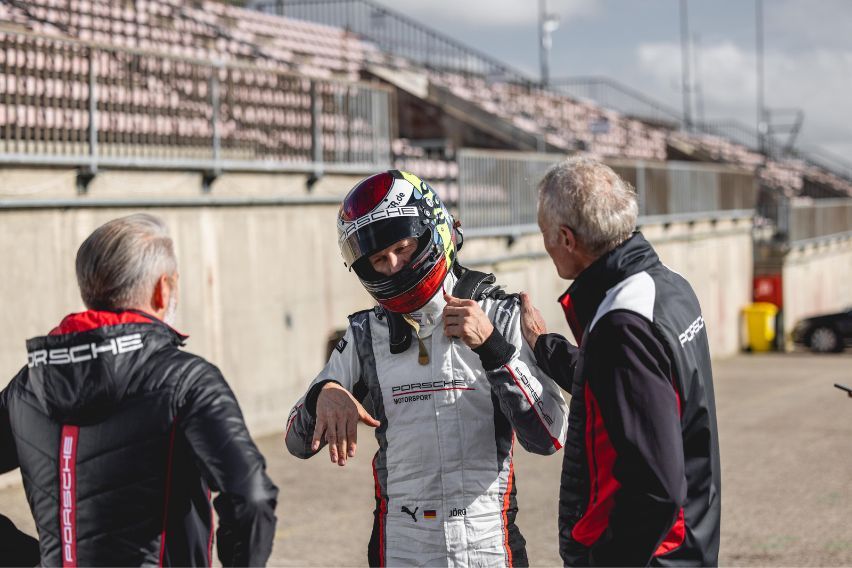
Porsche Vice President for Model Lines 911 and 718 Frank Moser was watching the fast lap from the pit wall. “I’m incredibly proud of what the whole team has achieved during the development and testing of the new 911 GT3 RS. Today, Jorg Bergmeister brought everything together and unleashed the car’s full potential. The 911 can still surprise us and proves that the rear engine concept is still supremely suitable for high-performance sports cars,” he stated.
The new Porsche 911 GT3 RS was unveiled earlier this year. It uses a large, angled center radiator in the car’s nose. The central radiator concept is the foundation for a major performance boost, an idea that was first applied in the 911 RSR and 911 GT3 R. As a result, it was able to include active aerodynamic elements into the space created on the sides.
For the first time, a production Porsche gets a drag reduction system (DRS), which enables the wings to be flattened down at a press of a button, within a particular operating range, to achieve reduced drag and higher speeds on straight segments of the track. The front and rear wing elements are tuned to the maximum during emergency braking at high speeds, producing an aerodynamic deceleration effect that greatly supports the wheel brakes.
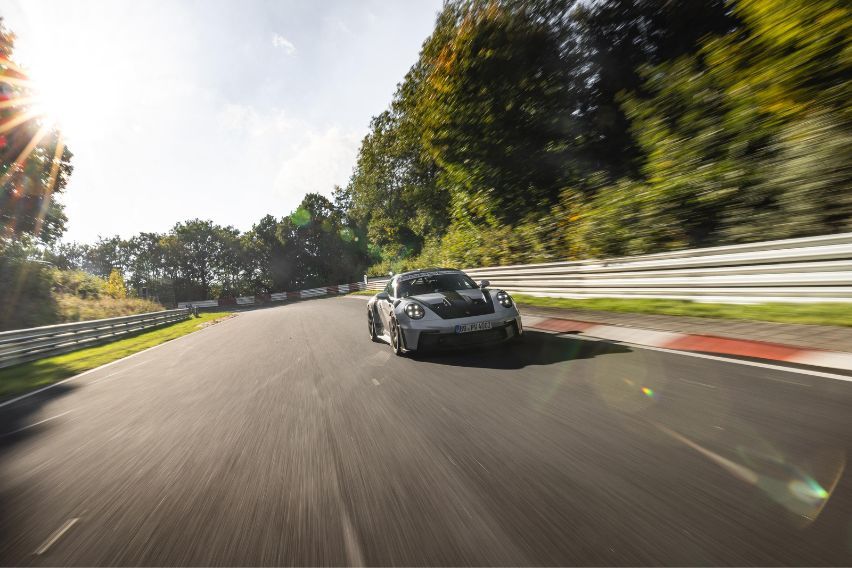
The Porsche 911 GT3 RS's design is distinguished by various aerodynamic elements. The rear wing, which is supported by a swan neck and is much larger in all dimensions, is the most prominent feature. A fixed main wing and an upper, hydraulically adjustable wing element make up the rear wing. The upper edge of the rear wing is higher than the roof. Additionally, the 911 GT3 RS's front end now includes a front splitter that separates the air flowing above and underneath, replacing the front spoiler. Air is precisely directed outward by side blades. Louvered apertures in the front wings allow ventilation for the front wheel arch.
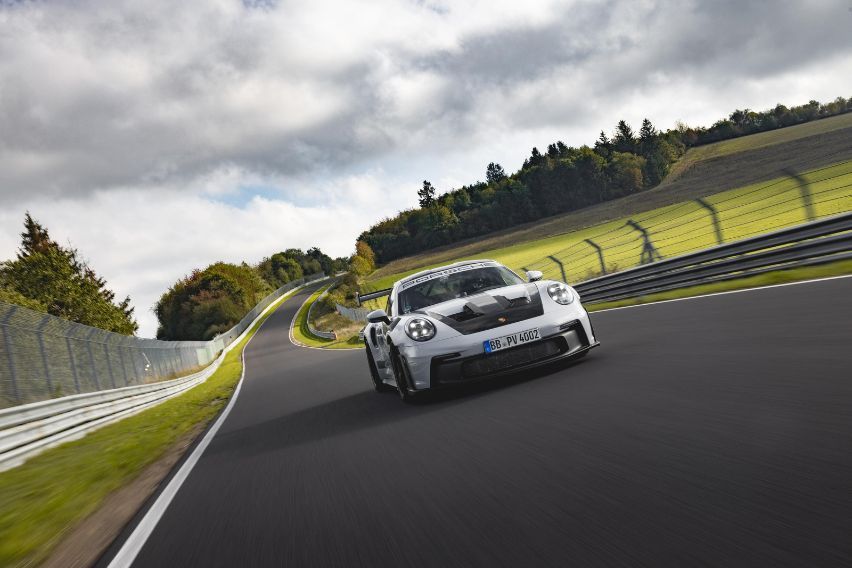
Inlets behind the front wheels lower the dynamic pressure in the wheel arches. The air is directed to the side of the vehicle via side blades behind the intake. Large nostrils on the front lid allow air from the central radiator to exit. The air is directed outward by roof fins, resulting in cooler intake temperatures toward the rear. The openings in the rear side panel of the 911 GT3 RS are only meant to improve aerodynamics, not to suck in processed air. For improved airflow, the rear wheel arch also has an inlet and a side blade. The 911 GT3's rear diffuser was borrowed and slightly modified.
The suspension is given aerodynamic attention as well. The components of the double-wishbone front axle are made with teardrop shapes since the new 911 GT3 RS's wheel arches are subject to strong airflows. These aerodynamically effective components increase downforce on the front axle by about 40kg at top speed. The wider track has also resulted in longer double-wishbone front axle links.
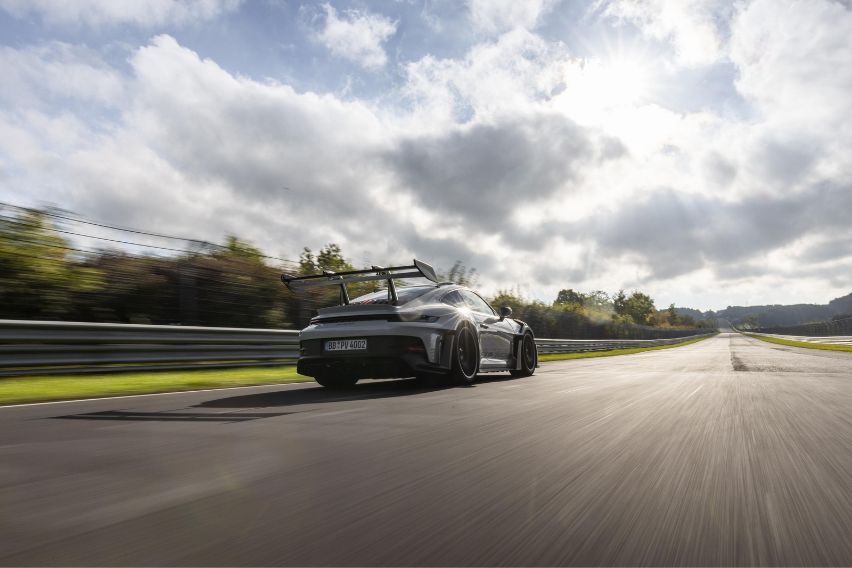
The suspension engineers have greatly reduced pitching under braking to assure that the downforce balance between the front and rear axles is sustained even when braking from high speeds. The front ball joint of the lower trailing arm has been lowered on the front axle. With modified spring rates, the multi-link rear axle has also been tweaked. This configuration is even more dynamic in terms of the rear-axle steering and driver assistance systems.
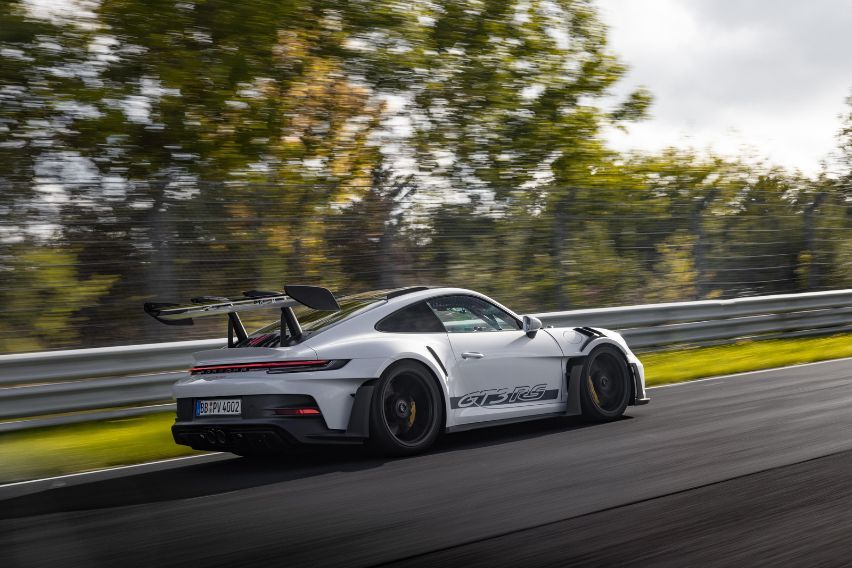
Three driving modes are available: Normal, Sport, and Track. In Track mode, the default settings can be individually adjusted. The steering wheel's rotary controls can be used to adjust the rear differential. This is performed quickly and easily using a motorsport-inspired operating and display concept — the steering wheel houses four individual rotary controls and a button for the DRS. During the adjustment process, these rotary controls are visibly displayed by graphics in the instrument cluster. The track screen from the 911 GT3 is also present in the 911 GT3 RS. The driver can filter the digital information on the two seven-inch side displays to just the most important information with just a press of a button. The gear shift indicators to the left and right of the analog tachometer were also borrowed from the GT3.
The Porsche 911 GT3 RS is powered by a 4.0-liter naturally aspirated engine with new camshafts, modified cam profiles, motorsport-derived single-throttle intake system, and rigid valve drive. The engine is mated to a seven-speed Porsche Doppelkupplung (PDK) transmission with a shorter overall gear ratio compared to the 911 GT3. The new 911 GT3 RS can sprint from a standstill to 100kph in just 3.2 seconds and reach a top speed of 296kph.
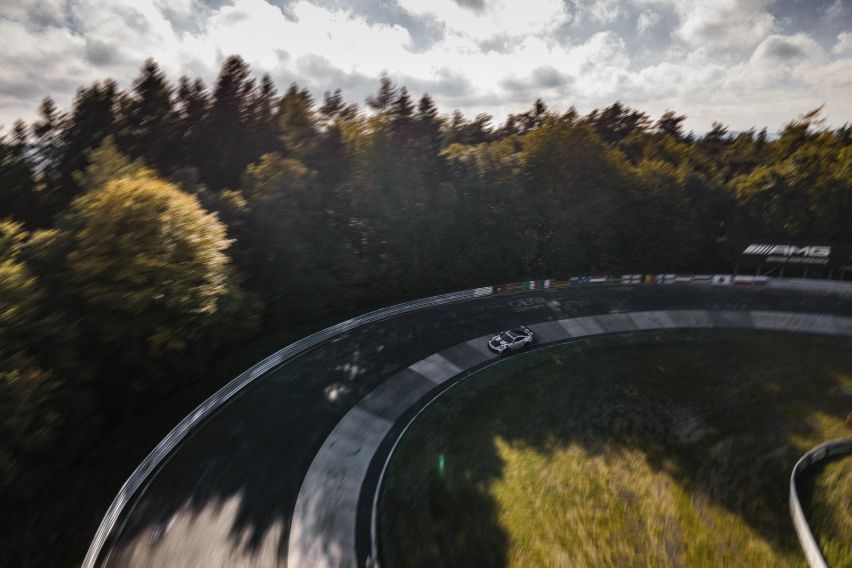
The front axle is equipped with 408mm brake discs and aluminum monobloc fixed calipers with six pistons each. The piston diameters have increased from 30mm to 32mm in comparison to the 911 GT3. The discs' thickness has also been increased from 34mm to 36mm. Meanwhile, the 380mm brake discs and four-piston fixed-caliper brakes on the rear axle were kept. The optional Porsche Ceramic Composite Brake (PCCB) has 410mm discs on the front axle and 390mm discs on the rear axle.
Since the renowned 911 Carrera RS 2.7, intelligent lightweight construction has been a key principle for all RS models. The 911 GT3 RS weighs only 1,450 kg despite having many larger components, thanks to various lightweight construction techniques like the extensive use of CFRP. For instance, CFRP is used to build the doors, front wings, roof, and front lid. CFRP is also applied in the interior of the standard full bucket seats.
The new 911 GT3 RS's interior comes standard with black leather, Racetex, and a carbon-weave finish.

Aside from the Weissach package, there is also a Clubsport package available for the 911 GT3 RS at no extra cost. This package comes with a hand-held fire extinguisher, a steel rollover bar, and six-point seat belts for the driver.
Photos from Porsche
Also read: Porsche unveils one-of-a-kind Taycan 4S Cross Turismo for Blackpink’s Jennie
Sell your car at the best price
 Verified and genuine buyers
Verified and genuine buyers
-
Explore Porsche 911
Porsche Car Models
Don't Miss
Porsche 911 Promos, DP & Monthly Installment
PIMS 2024
Trending & Fresh Updates
- Latest
- Popular
You might also be interested in
- News
- Featured Stories
Porsche Featured Cars
- Popular
Latest Porsche 911 Car Videos on Zigwheels

Compare & Recommended
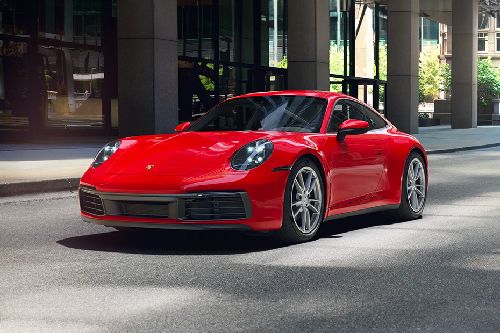
|
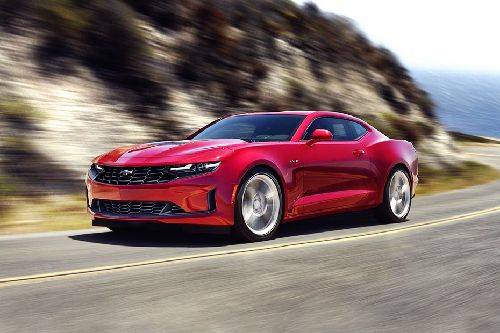
|
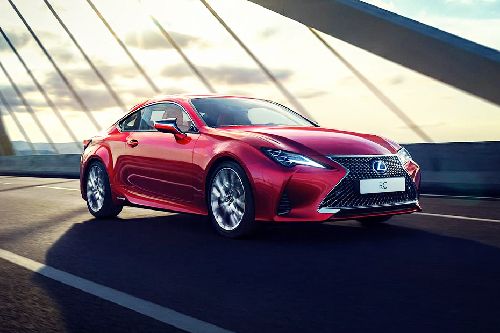
|

|
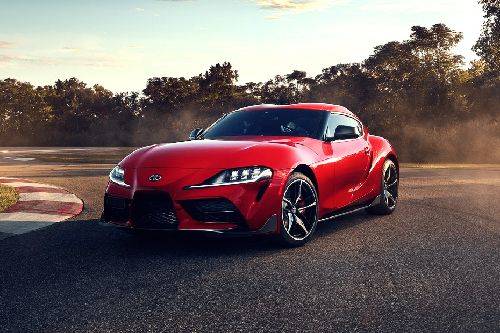
|
|
Engine
3.0L Gasoline Engine, 6 Cylinder 24 Valve
|
2.0L Gasoline Engine, In-Line 4 Cylinder 16 Valve DOHC
|
3.5L Gasoline Engine, 6 Cylinder 24 Valve
|
6.4L Gasoline Engine, 8 Cylinder 32 Valve
|
3.0L Gasoline Engine, In-Line 6 Cylinder 24 Valve
|
|
Alloy Wheels
Yes
|
Yes
|
Yes
|
Yes
|
Yes
|
|
Engine Start/Stop Button
Yes
|
Yes
|
Yes
|
Yes
|
Yes
|
|
Headlamp Type
LED
|
LED
|
LED
|
LED
|
LED
|
|
Brake Assist
Yes
|
Yes
|
Yes
|
Yes
|
Yes
|
|
Ebd
Yes
|
Yes
|
Yes
|
Yes
|
Yes
|
|
Side Airbag-Front
Yes
|
Yes
|
Yes
|
Yes
|
Yes
|
|
Rear Camera
Yes
|
Yes
|
Yes
|
Yes
|
Yes
|
|
Air Quality Control
-
|
-
|
Yes
|
-
|
-
|
|
Navigation System
-
|
-
|
Yes
|
Yes
|
Yes
|
|
|
Trending Coupe
- Latest
- Upcoming
- Popular
Porsche 911 Car Articles From Carmudi
- journal

